From July 22 to 25, the Rencontres du Vietnam Association in collaboration with the International Center for Interdisciplinary Science and Education (ICISE, Quy Nhon Nam Ward, Gia Lai) organized the international conference "Neutrino Physics", with the participation of nearly 60 leading scientists and young researchers from the world from the US, UK, France, Japan, India, China, Korea...
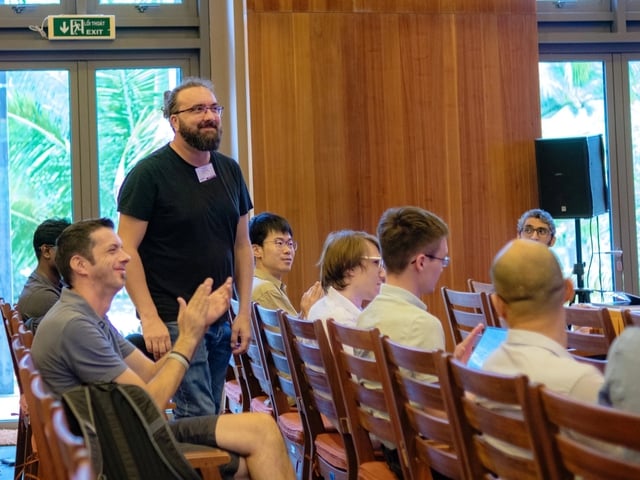
Young scientists and researchers come to ICISE for international conference on neutrinos
PHOTO: ICISE
The conference especially honored the presence of big names in the field of neutrino physics such as Professor Takashi Kobayashi (Director of J-PARC, Japan), Professor Masayuki Nakahata (University of Tokyo), Professor Tsuyoshi Nakaya (Kyoto University), Professor Amol Dighe (TIFR Institute, India), Associate Professor Teppei Katori (King's College London, UK)... along with many theoretical and experimental scientists who are leading global neutrino projects.
Neutrinos, one of the most exotic and elusive elementary particles, were at the center of academic discussions at the conference. Research topics included: neutrino oscillations, lepton generation mechanisms, the nature of Dirac or Majorana, neutrinoless double beta decay, measuring the absolute mass of neutrinos… These are all open questions of modern physics, which could change humanity’s understanding of the structure of matter and the formation of the universe.
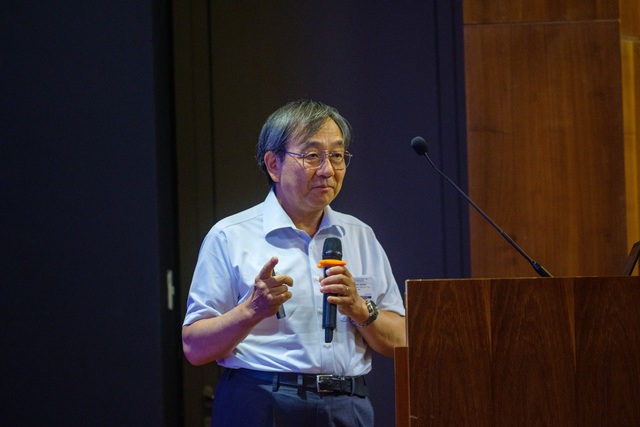
Professor Masayuki Nakahata (Institute for Cosmic Ray Research - ICRR, University of Tokyo, Japan) spoke at the conference.
PHOTO: ICISE
In addition to theoretical issues, neutrino applications are also widely discussed: from monitoring nuclear reactors, to tomography of the Earth, geoneutrino studies in geophysics, to detecting neutrinos from supernovae, to observing transient astronomical phenomena. New technologies such as Cherenkov detectors, liquid scintillators and quantum sensors are opening up groundbreaking prospects.
The meeting point of cutting-edge science
According to Dr. Nguyen Huu Ha, Deputy Director of the Department of Science and Technology of Gia Lai province, from 2013 to present, ICISE has welcomed more than 16,500 scientists from more than 60 countries, including 18 Nobel Prize winners.
"The successful organization of specialized conferences such as neutrino physics shows that Vietnam is no longer an outsider, but is actively participating in the top game of global science," Mr. Ha emphasized.
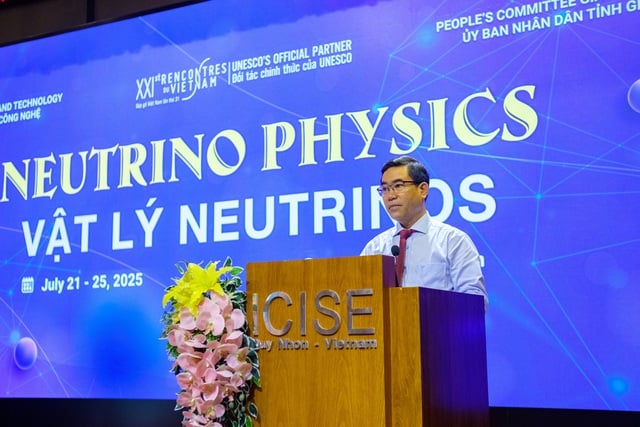
Dr. Nguyen Huu Ha, Deputy Director of the Department of Science and Technology of Gia Lai province, spoke at the conference.
PHOTO: ICISE
Since 2017, the first experimental research group on neutrino physics in Vietnam has been established at the IFIRSE Institute (under ICISE). With the support of many international professors, this laboratory is growing, gradually building research capacity in a field where Vietnam is lacking in human resources.
In parallel with the conference, the "9th Vietnam School of Neutrinos" (VSON9) took place from July 16 to 25, providing training and inspiration for Vietnamese students and postgraduates to enter in-depth research fields.
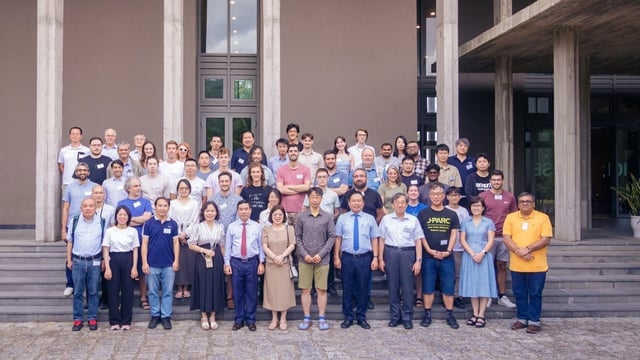
Scientists attend international conference on neutrinos at ICISE (Gia Lai)
PHOTO: ICISE
Not stopping at neutrinos, Gia Lai province leaders said they are developing a project to establish a Center for Space Science Research and Application in the near future. "We expect Gia Lai to become a scientific connection point not only for Vietnam, but also for the entire Southeast Asian region," said Dr. Ha.
From 2024, the Department of Science and Technology of Binh Dinh province, now the Department of Science and Technology of Gia Lai province, has been assigned by the Provincial People's Committee to preside over and coordinate with relevant units to research and develop the project of the Center for Research and Application of Space Science and Technology.
The project is expected to be implemented in Quy Hoa valley (Quy Nhon Nam ward, Gia Lai), in the area near Quy Nhon Center for Scientific Discovery and Innovation and ICISE Center.
The project aims to contribute to the dissemination of knowledge about astronomy and aerospace sciences when it comes into operation, through a system of modern equipment and learning materials. The existing staff of the Quy Nhon Center for Scientific Discovery and Innovation will be upgraded, while attracting more experts, scientists, and lecturers to participate in in-depth training of human resources in the fields of astronomy and cosmology. From there, specialized research groups in these two fields will be formed right in the Central region.
In the long term, the project aims to develop the center into a focal point for collecting and processing large-scale remote sensing data in the Central Highlands region. The center will also participate in domestic and international research networks to connect and transfer technology, components, and equipment for research and application in the fields of astronomy and space.
Source: https://thanhnien.vn/tu-neutrino-den-vu-tru-viet-nam-buoc-vao-cuoc-choi-khoa-hoc-dinh-cao-185250722133354835.htm


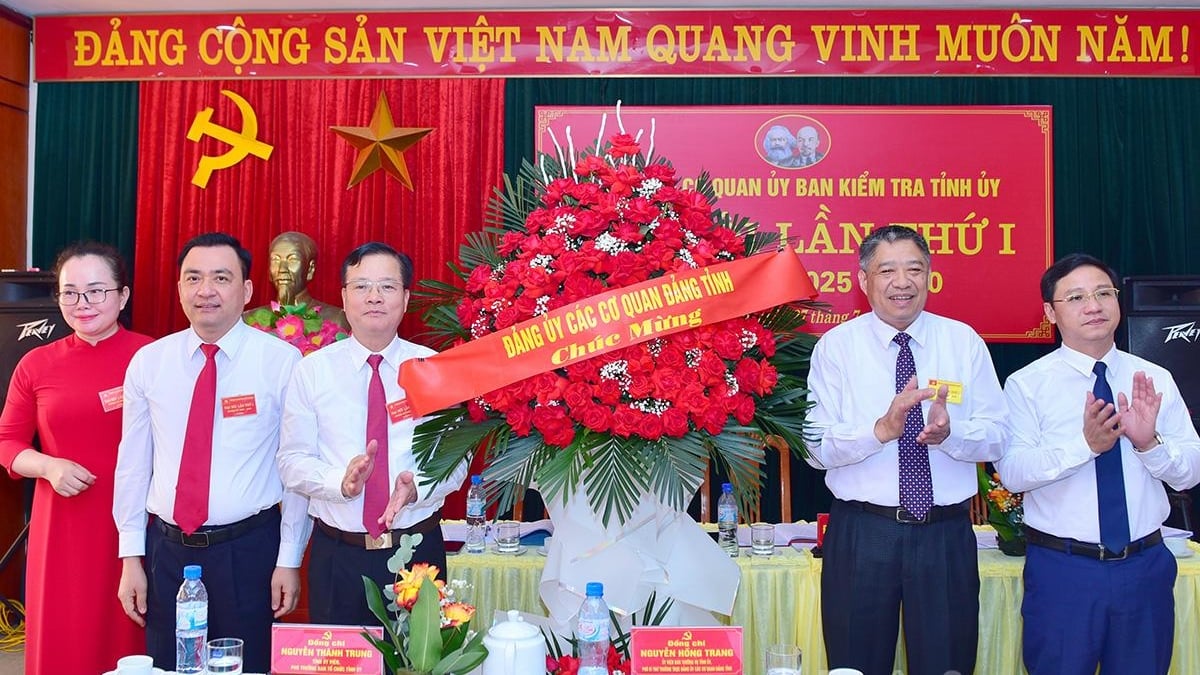

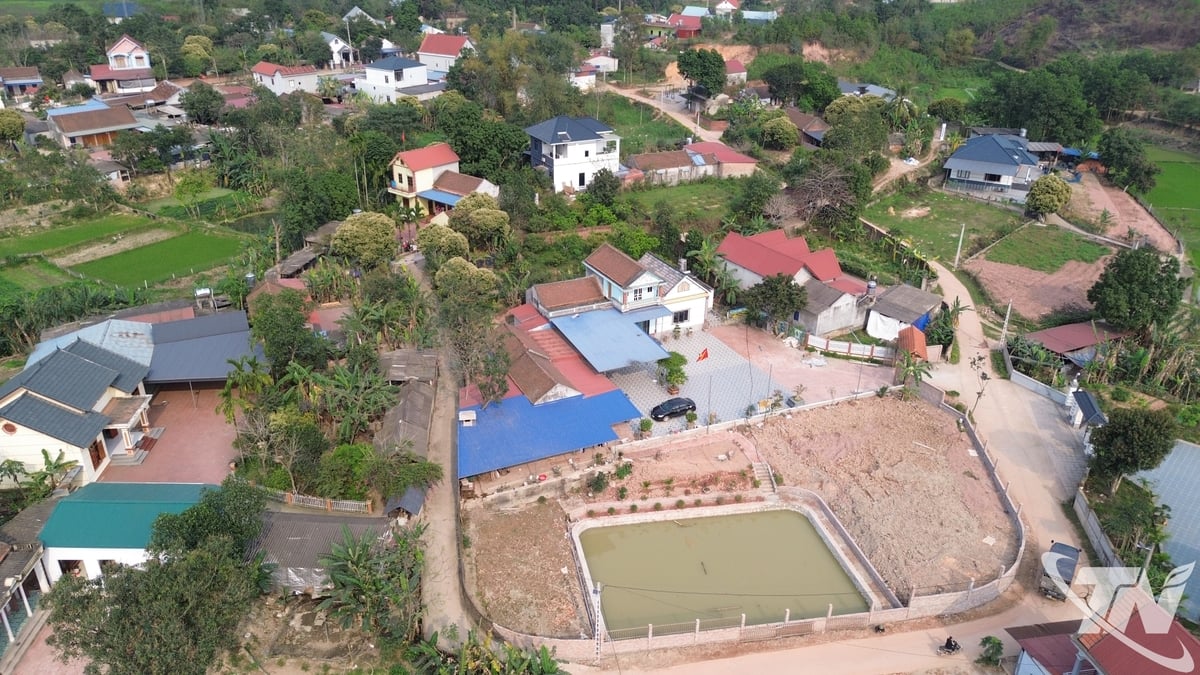
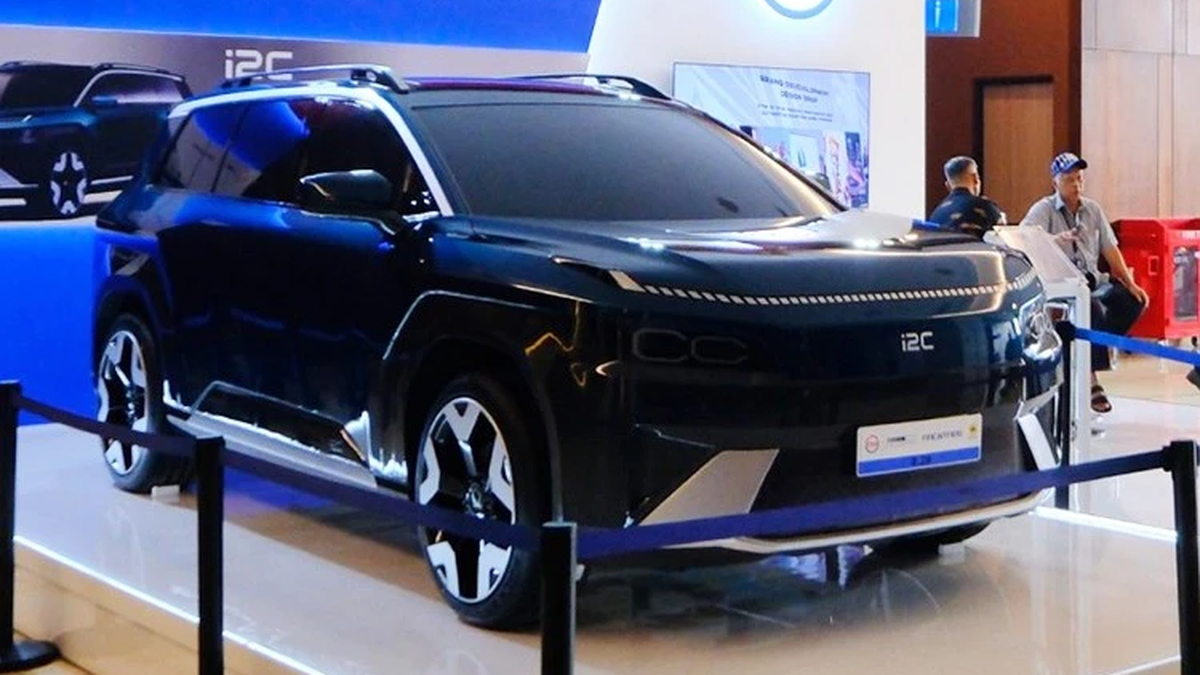



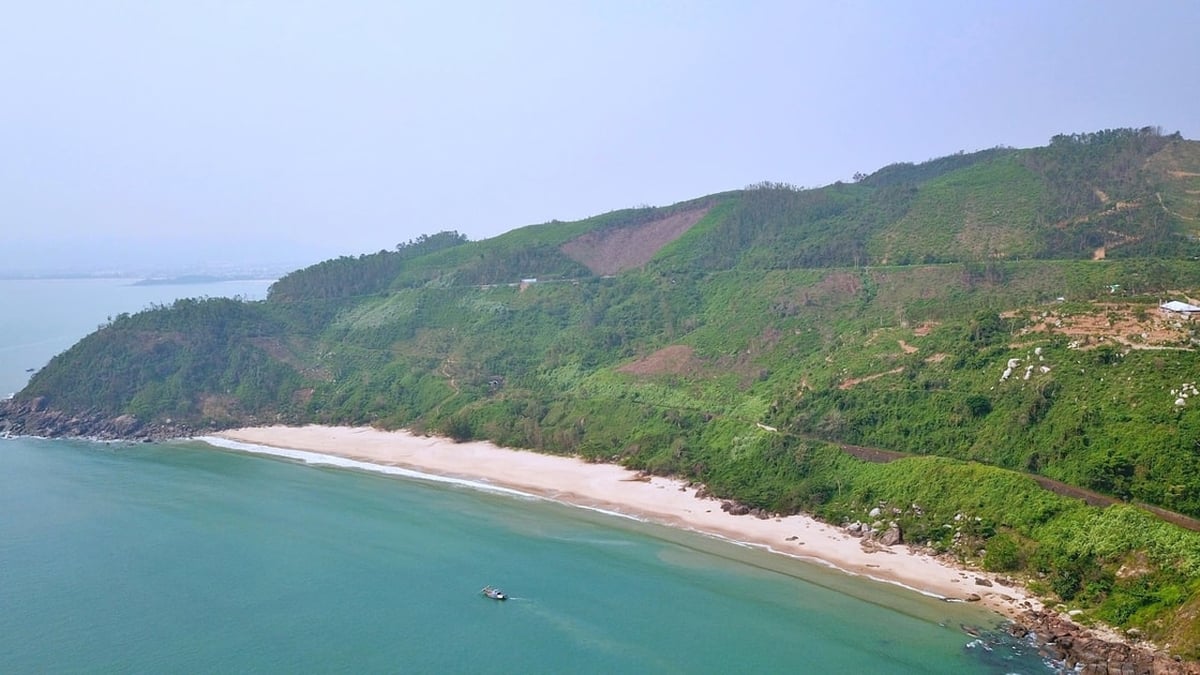
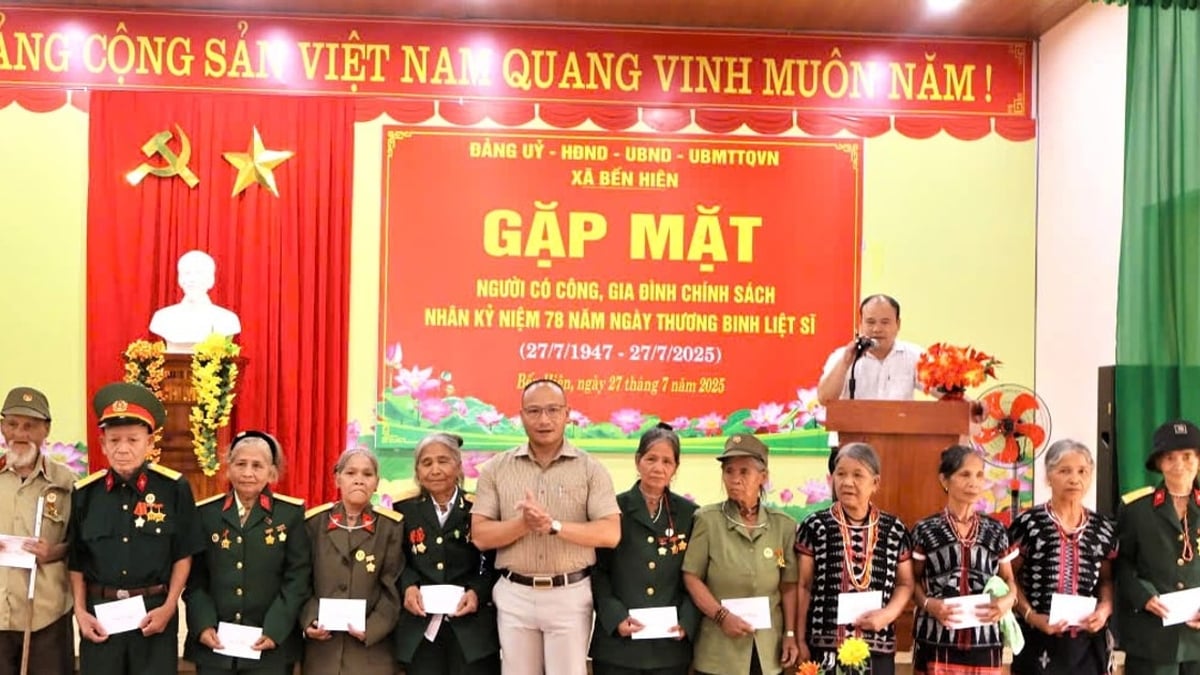























































































Comment (0)